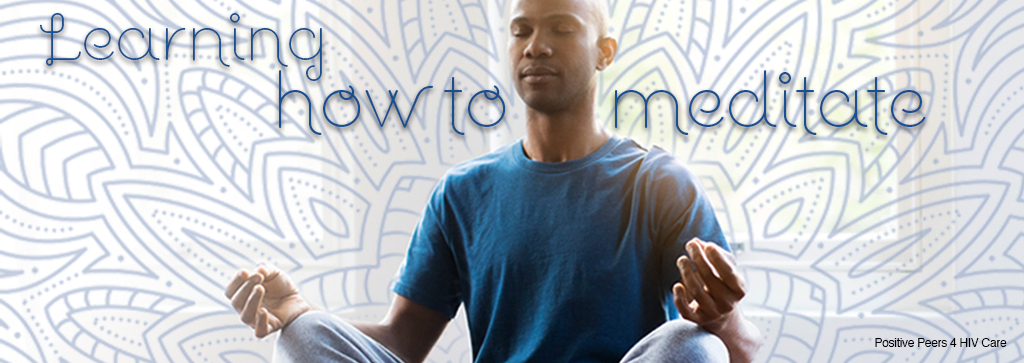
By: Jennifer McMillen Smith, LISW-S, HIV Social Worker at MetroHealth Medical Center and medically reviewed by Ann K. Avery, MD, Infectious Disease Physician at MetroHealth Medical Center
We talked in an earlier blog post how learning to meditate won’t magically cure all your problems, but that doesn’t mean it can’t help improve your life! There are a lot of benefits to learning how to meditate, including helping with all the stress and anxiety that comes with living with HIV.
There are a lot of misconceptions about meditation, but the most common one is that all meditation involves is clearing your mind of thought or just letting your mind wander. In reality, meditation is about being present and living in the moment, being present in what’s happening both around you and inside you. That includes your thoughts, emotions, and any sensations you feel.
The great thing about meditation is that anyone can learn to do it, and it can be practiced anywhere. It won’t take long for mediation to make a difference in your life.
What are some of the benefits of meditation?
- Meditation helps lowers stress levels.
- Lessen feelings of anxiety.
- It can also lower blood pressure.
- Blood circulation will improve.
- It helps better connect us to the environment you live in.
- It helps focus improves.
- Meditating helps us become kinder to ourselves.
But how do we start meditating?
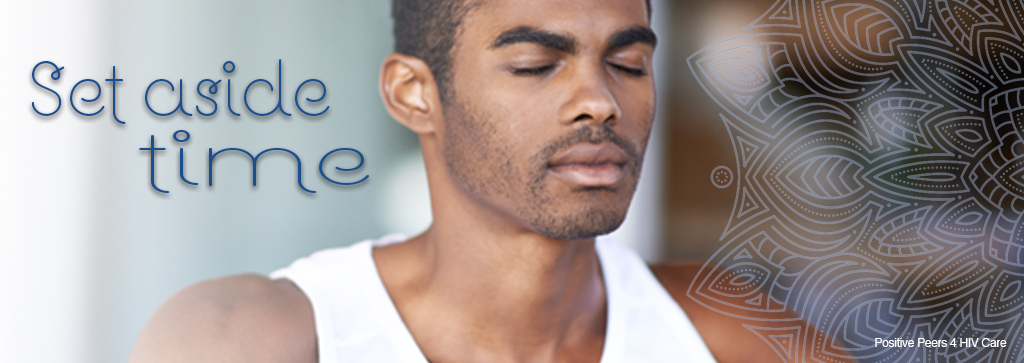
Set aside time
The best way to start meditating is to make it a part of your routine. All you need to do is find a time each day when you’re able to make yourself comfortable enough to meditate. Both short and longer meditation sessions will help. All it takes is just a few minutes each day to make a difference in your life!
The time of day you choose to meditate doesn’t matter as being consistent about it. You can try meditating first thing in the morning, right before bed, or even on your lunch break at work. After all, meditation can be done anywhere.
Don’t be too hard on yourself if you forget to meditate sometimes. Life happens, and we’re all busy people with tons to do. It’s also okay if you one day decide meditating is no longer for you.
Here are some tips on how to meditate and set aside time in your schedule:
- Use the calendar app on your phone to remind yourself to meditate.
- If you want to develop a habit, the best time to do something is first thing in the morning. This way, you don’t get the chance to talk yourself out of it. Try meditating after you brush your teeth or washing your face.
- Keep your meditation goals reasonable! Setting your goal too high is setting yourself up for failure. Meditating five minutes each day is better than meditating a half hour once a week.
- If you’re a busy person with an unpredictable schedule, meditate when you can! Eventually, you’ll find a time that works for you.
Come join our private, stigma-free, supportive community.
Health management tools with medication & appointment reminders.
Social networking in a community conversation & private chats.
Breathing
Meditation doesn’t require you to sit on a pillow in an empty room full of candles. Unless you want to, of course. Your breathing is a far more important part of meditation.
You can start by focusing on just your breath while doing something else, such as washing the dishes or making your bed. Don’t worry about controlling your breathing. Instead, focus on how you usually breathe while staying present in the moment.
While you’re breathing, think about how your body moves each time you inhale and exhale. Think about how your chest, shoulders, rib cage, and belly all move each time you breathe.
If your mind begins to wander while you’re meditating, focusing on your breathing is a great way to bring yourself back to the present.
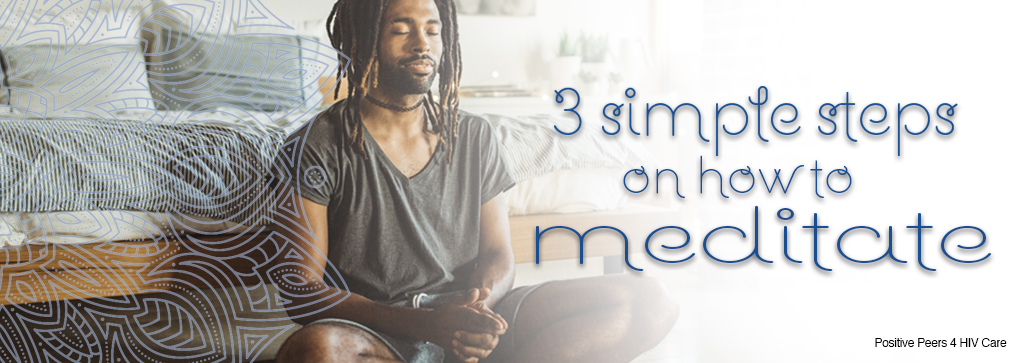
3 simple steps on how to meditate
- Find a comfortable place to sit and close your eyes.
- Focus on your breathing. Focus on each inhale and exhale.
- Your mind may start to wander. If it does, bring your attention back to your breathing.
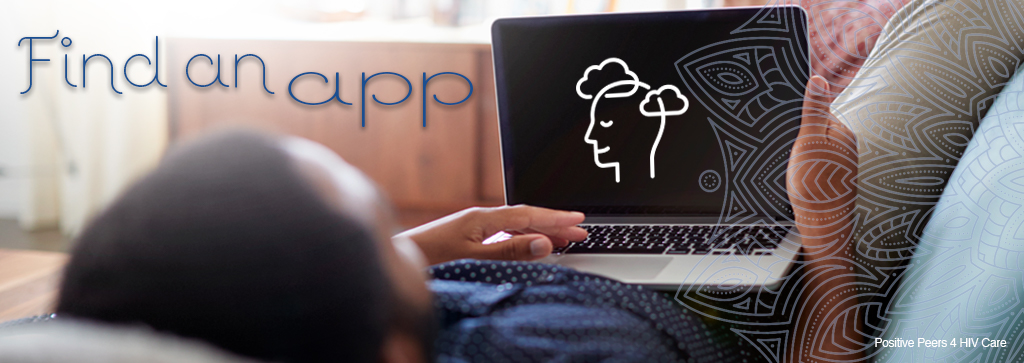
Find an app
An app may help if you find yourself struggling with meditation. A lot of them are free, though some of them limit what you can do if you don’t subscribe to them. Some of the apps even have music and a guide to help you meditate.
Give these apps a try:
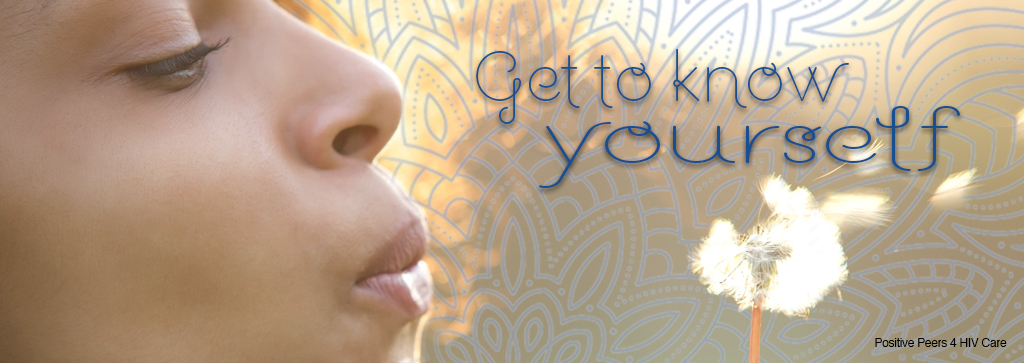
Get to know yourself
There is no right way to meditate because it’s a little different for everyone. There are even different types of meditation. It’s okay if you struggle with meditation. Try finding an activity that helps you remain present. Washing the dishes, drawing, doing a puzzle, jogging, anything can become a mindful activity if it keeps you present.
The most important thing is how your mind and body feel. Make sure you’re checking in with yourself often. Meditation will help you get to know yourself better and love yourself more!
Related Blogs:


